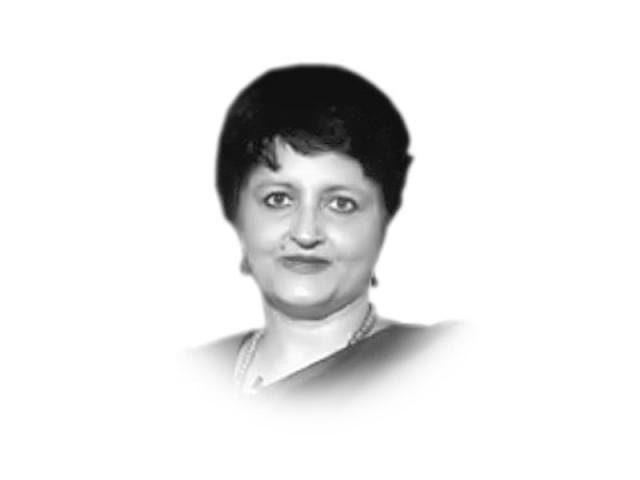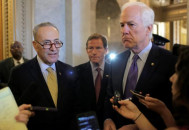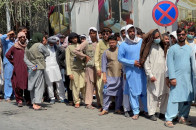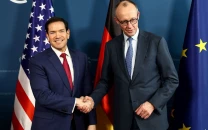Poll quandaries in India
Everyone in India knows that the real games will be played after the elections if no single party can get 272 MPs.

The writer is a consulting editor with The Statesman and writes for several newspapers in India
What happens after the elections is often another story, with politicians going back on their promises and manifestoes and letting down the citizens of the country. This is the story across the globe, although in many countries, the people are too suppressed and too victimised to express themselves. It is only then one realises the importance of democracy and the democratic process of an election that we in India take for granted.
There is, of course, some level of local repression of communities, which prevents the particularly backwards people and the Dalits from voting. But this was a practice virtually in the remote districts of Bihar and Uttar Pradesh (UP) till some years ago, and over the decades, this has reduced substantially with increasing awareness amongst the communities concerned. In UP for instance, the Dalits have learnt to become more assertive after the emergence of Mayawati and the Bahujan Samaj Party and this trend has only grown. In the state elections, Dalits in even the Jat-dominated belts in UP were openly speaking about their political preferences, something not heard till even 10 years ago.
So, Indian democracy is marching forward despite efforts from vested interests to curb peoples’ power through divisive tactics. But, somehow, till now such attempts have been resisted by India over and over again, with the electorate voting for a pluralistic and united India. The onslaught on democratic fundamentals has been heavy in recent years, with power blocks virtually working round the clock to change the discourse to a narrow and highly bigoted framework.
The elections seem to be about personalities, but in the constituencies of rural India, the pragmatic voter also looks at the candidate and the campaign. An intense battle, not visible to the Delhi-centric media, is going on, with rural Indian voters in the practice of listening to all till the day before the polls when they make up their minds. This, of course, applies to the shifting voters, as some communities have attached themselves to particular leaders and political parties they perceive as being more in synch with their aspirations.
So, at the “national” level is it BJP’s Narendra Modi, Congress party’s Rahul Gandhi and of course, the wild card, Aam Aadmi Party’s, Arvind Kejriwal, who is campaigning quietly in the rural belt, even as he makes the occasional dramatic appearance to grab the headlines. At the “regional” level, personalities continue to hold sway and currently, most of them are resisting firm alliances with either the BJP or the Congress, preferring to keep their options open after the elections.
Everyone in India knows that the real games will be played after the elections if no single party is able to get the magic number of 272 MPs in the Lok Sabha. And every regional leader is keeping his or her cards close to the chest, for the moment at least. It does seem certain that the BJP will emerge as the single largest political party, but a great deal depends on the number of seats it gets. If the figure is less than 180, Modi might find it difficult to get the support he wants, and hence the various permutations and combinations will come into play. Uncertainty dogs these elections as never before, but at the end of the day, the electorate can be trusted to make the right choice. Or so secular India hopes.
The battle is intense as can be seen from the fact that while the polling starts this week, several political parties have yet to announce their full list of candidates. All are aware that it could be a make or break election for them and all that they stand for, and it is here that the campaign in the days ahead will play a crucial role.
Published in The Express Tribune, April 5th, 2014.
Like Opinion & Editorial on Facebook, follow @ETOpEd on Twitter to receive all updates on all our daily pieces.



















COMMENTS
Comments are moderated and generally will be posted if they are on-topic and not abusive.
For more information, please see our Comments FAQ